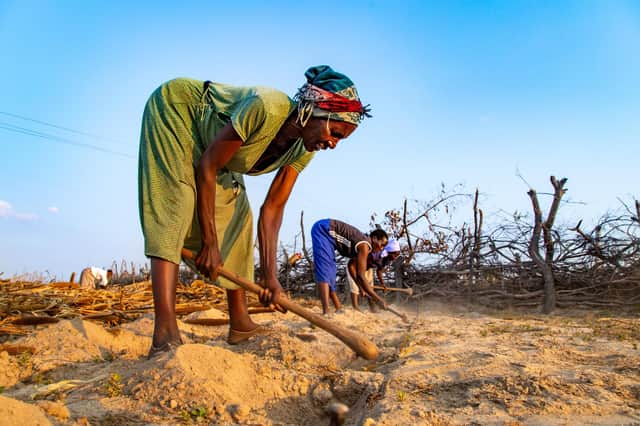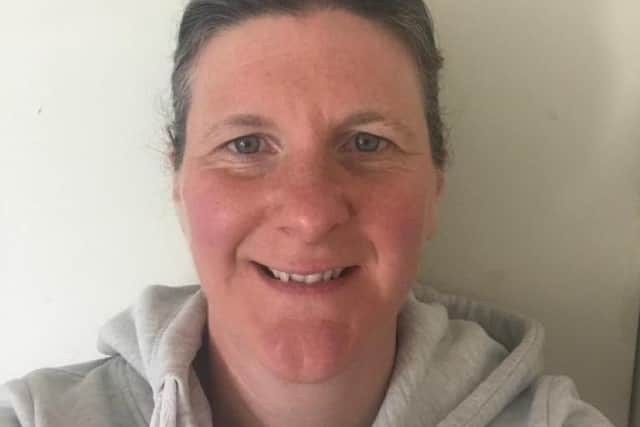We need a loss and damage fund for climate change's victims - Val Brown


To mark the start of Christian Aid Week, our annual fundraising week in May, we have released a new report which highlights how climate change is increasing the severity of drought in ten of the world’s biggest cities. Drought seems a strange concept to those of us from Glasgow who are used to needing waterproofs, even in May. But for cities like Harare in Zimbabwe and Kabul in Afghanistan, both featured in the top ten, water is becoming scarce as drought conditions become the norm.
In recent years, Zimbabwe – the focus country for Christian Aid Week 2022 – has seen intense droughts which have left the land barren and the growing conditions for crops very challenging. Alongside these periods of prolonged drought have come more intense storms. When Cyclone Idai swept through Zimbabwe three years ago, many lives were lost and people saw their homes and livelihoods destroyed. When individuals and communities lose everything there is no pot of money to support them to rebuild. We're calling for that to change.
Advertisement
Hide AdAdvertisement
Hide AdThe storms of 2019 didn’t bring enough rain to fill empty reservoirs. That same year, 2 million people in the capital Harare (that’s half of its population) were cut off from fresh running water. It’s likely this will happen again, and that other cities like Kabul, New Delhi and even London could experience the same fate.


The report’s co-author, Christian Aid’s Nushrat Rahman Chowdhury, said, “Drought is not new but it’s intensity and frequency have increased over the last thirty years due to global warming. It’s a real danger; it threatens the lives and livelihoods of some of the poorest people in the world. These are communities which have done the least to cause the climate crisis. This is the reality known as loss and damage. That is why, at this year’s UN climate talks in Egypt, we are calling for the creation of a loss and damage finance facility to be a major priority.”
In Zimbabwe, our Christian Aid partners are supplying drought-resistant seeds and providing training in post-harvesting processes and resilience building. Across the world our partners are supporting people to adapt to the changing climate. Here in Scotland, Christian Aid Week will be celebrated with a host of fundraising events, plant sales, exhibitions, coffee mornings and concerts. And in Edinburgh, the 50th book sale for Christian Aid is underway at St Andrew’s and St George’s West Church in George Street. Every event will focus on those whose lives have been adversely affected by climate change. As the taps turn on to fill kettles and watering cans let’s keep climate change at the forefront of our minds. But let’s also hold to account those most responsible for the climate crisis: rich countries and the world’s worst polluters.
This Christian Aid Week why not consider adding your name to our online petition for the creation of an international loss and damage fund. By paying into this fund, the countries and polluters who have done the most to cause the climate crisis, could help people recover and rebuild when disasters strike, compensating them for all that is permanently lost.. See christianaid.org.uk/get-involved/campaigns/loss-and-damage-petition.
Val Brown, Community Relations and Fundraising Manager, Christian Aid Scotland
Comments
Want to join the conversation? Please or to comment on this article.